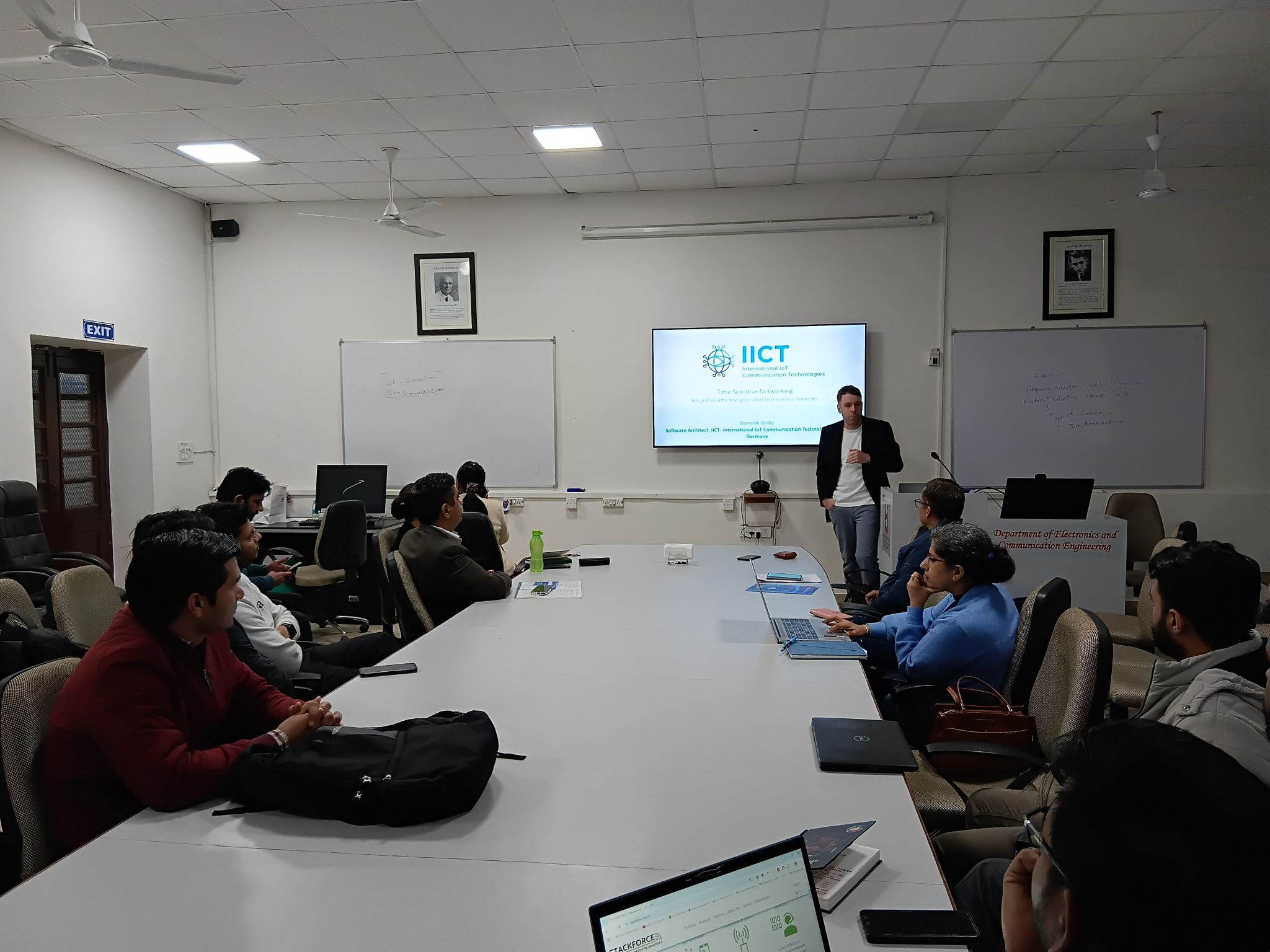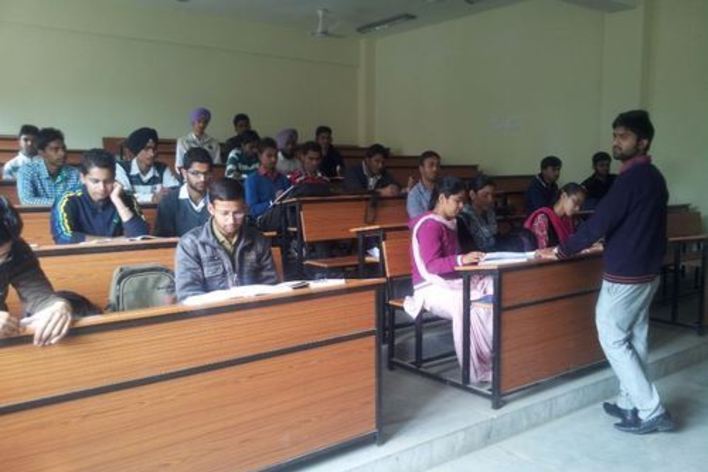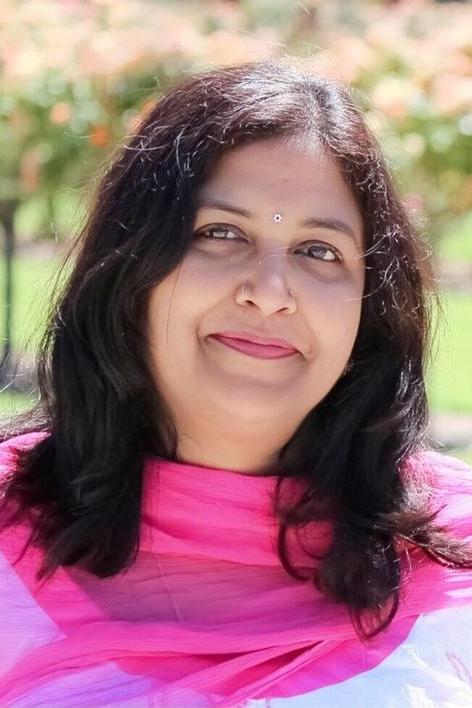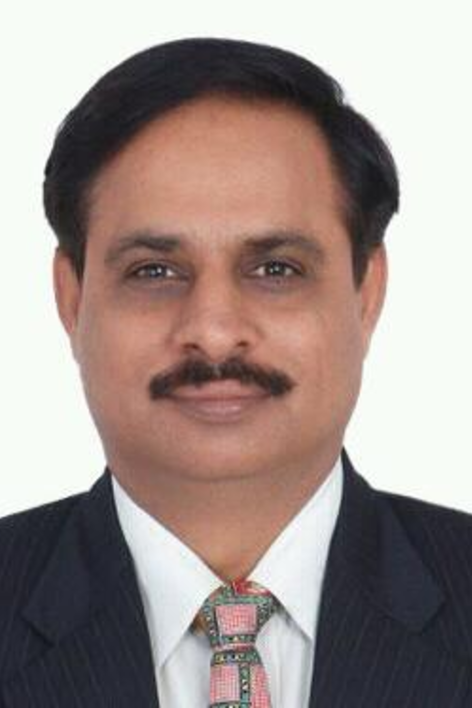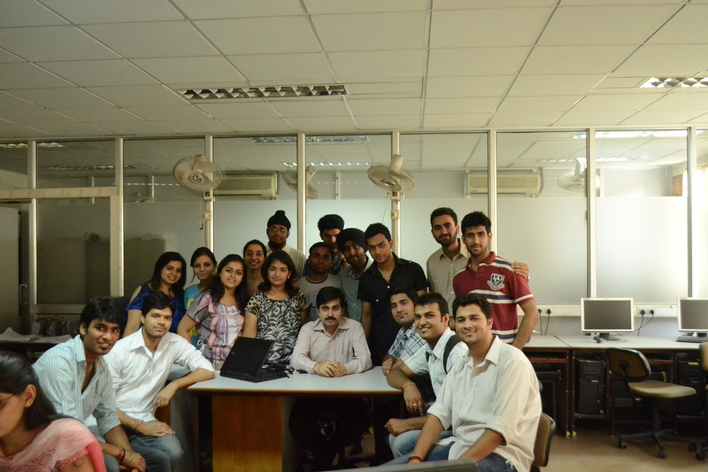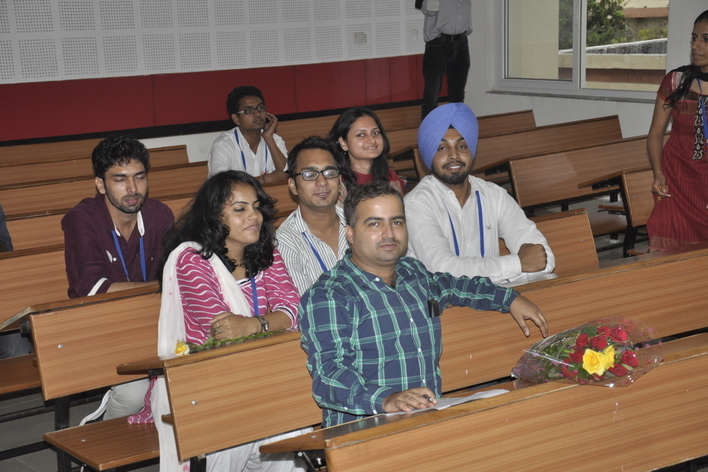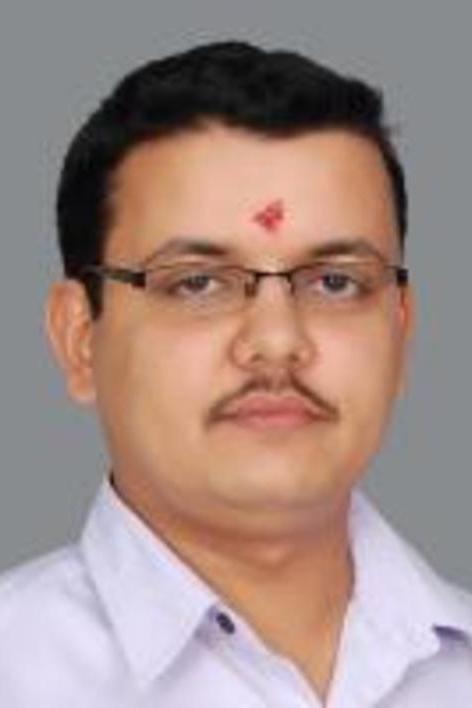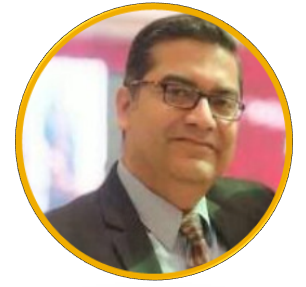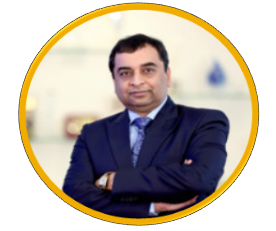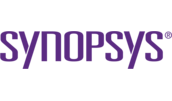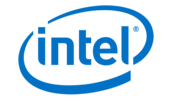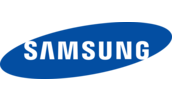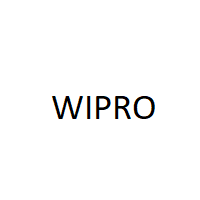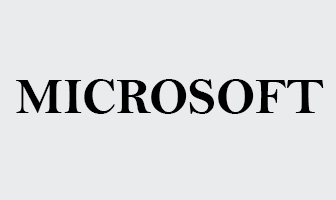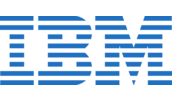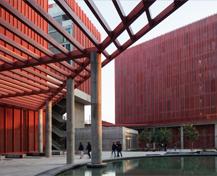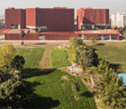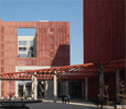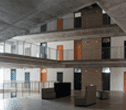Department of
Electronics and Communication Engineering, TIET
Advanced and innovating learning that builds intellectually strong minds for challenging industry trends
The Department of Electronics and Communication Engineering was established in 1975. It aims to produce quality professionals in this field to compete globally and excel by carrying out basic and applied research in emerging areas by forging strong industry-institute interaction. All programs of the department of ECE are AICTE approved. The B.E. Electronics and Communication Engineering Program is accredited by the NBA and EAC Commission of ABET, http://www.abet.org.
Modern Pedagogical methodology
The teaching and pedagogical regime adopted by the Department of Electronics and Communication Engineering encourages innovations, smart learning, and a student-centric experimental scenario. Modern teaching methodology powered with robust mentoring in a project-based mode fuels advanced learning. Extensive focus is laid on hands-on workshops, practical /immersion modules, in line with the course contents for students integration with industry experts. The courses are meticulously designed and planned to cater to individual industry demands.
Wide Career scope
Graduate Engineers of all the programs of Electronics & Communication Engineering Department are highly demanded in field of Artificial Intelligence (AI), 5G/6G Communication, IoT Based systems Designs, Chip Design, IC Fabrication, Embedded Systems, Network Engineering, Electronics Systems, Electronic Surveillance System, Mobile Communication, Power Industry, Software Development, Advance Processing Techniques etc. The department's main goal is to develop personnel that can face the industry's worldwide challenges with high professionalism. The faculty places a strong focus on experiential learning, industry-relevant information, theory, and practical components, and preparing students for difficult situations.
Vision
To lead in the creation and development of intellectual and human capital in electronics, computing and communication engineering in order to foster the technological, economical, and social enrichment of the nation and the world.
Mission
- Educate a new generation of Engineers to meet the challenges of the future by providing them with a firm foundation in theory and practice of Electronics, Computing, and Communication Engineering at undergraduate and postgraduate levels.
- Create, develop and disseminate knowledge by engaging students and faculty in cutting-edge research in partnership with government agencies, private industries, and non-government organizations.
- Promote a sense of scholarship, leadership, and service among the stakeholders.
Message from Head of the Department
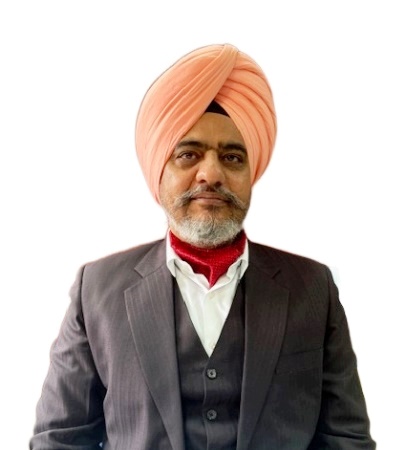
Prof Kulbir Singh
Dear Visitors,
Welcome to the Department of Electronics & Communication Engineering (DECE) webpage. As the Head of the Department, it is my privilege to extend a warm greeting to all who are exploring the diverse facets of our department. Established in 1975, DECE has a rich legacy of academic excellence and has been a pioneering force in the field of Electronics, Communication, Computing and VLSI Engineering. Over the years, we have evolved and expanded to become a hub of innovation, research, and education.
Our department proudly offers three undergraduate courses: B.E. in Electronics and Communication Engineering, B.E. in Electronics and Computer Engineering, and B.E. in Electronics Engineering (VLSI Design and Technology). At the postgraduate level, we provide an enriching program - M. Tech. in VLSI Design, along with a robust PhD program.
I am delighted to share that our department holds the prestigious accreditation from both the National Board of Accreditation (NBA) and the Accreditation Board for Engineering and Technology (ABET). These accreditations reflect our commitment to maintaining high academic standards and providing quality education.
DECE is not just a department; it's a community of dedicated faculty, enthusiastic students, and passionate researchers. Our focus is on fostering a dynamic learning environment that encourages creativity, critical thinking, and a spirit of inquiry. Active research groups drive collaborative and interdisciplinary research, supported by state-of-the-art facilities and substantial research funding. Major thrust areas include VLSI System and Circuit Design, Wireless Communication and 5-G, Antenna Engineering and MEMs, Signal Processing and Image Processing, IOT and Embedded System, Machine Learning and Artificia Intelligence, Fibre Optic Communication and Computing Technoligies.
As you navigate through our webpage, you will find comprehensive information about our academic programs, faculty profiles, research initiatives, and the vibrant activities that characterize our department. We take pride in our state-of-the-art laboratories, cutting-edge research facilities, and the opportunities we provide for students to engage in real-world projects.
Whether you are a prospective student, a colleague from academia or industry, or a curious visitor, we hope that this virtual space provides you with valuable insights into the ethos of DECE. Should you have any questions or require further information, feel free to reach out to us.
Thank you for your interest in the Department of Electronics & Communication Engineering. We look forward to engaging with you and sharing the exciting journey of knowledge and discovery.
Best Regards,
Excellence-oriented Academic Programmes
250 acre campus offering comprehensive electronics engineering programmes
Each programme for Bachelors, Masters and Doctoral levels is designed and developed with the aim of supporting students in their endeavors to pursue higher studies in chosen elective focus (EF) and explore job opportunities in related industries.
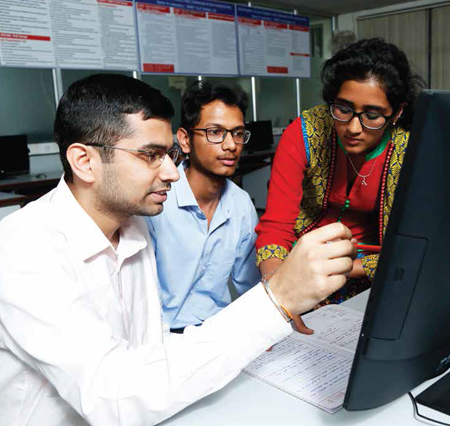
Research-Intensive Training
Delivering excellence via varied research avenues, trained faculty and innovation
Major Research Areas
Research Projects
Research Facilities
Major Milestones
last academic year
Choicest faculty to lead you to the pinnacle of success
The Department of Electronics and Communication Engineering has a has expertised faculty members specialising in VLSI System and Circuit Design, Wireless Communication and 5-G, Antenna Engineering and MEMs, Signal Processing and Image Processing, IOT and Embedded System, Machine Learning and Artificia Intelligence, Fibre Optic Communication and Computing Technoligies. Young, dynamic and dedicated faculty, most of whom hold PhD degrees shape the future of the department and set new success standards for advanced and innovative learning. The department faculty works continuously towards contemporising the academic structures and mechanisms. a community of dedicated faculty, enthusiastic students, and passionate researchers. The department faculty focus on fostering a dynamic learning environment that encourages creativity, critical thinking, and a spirit of inquiry. The faculty places a strong focus on experiential learning, industry-relevant information, theory, and practical components, and preparing students for difficult situations.
Alumni Success Stories
Delivering excellence via varied research avenues, trained faculty and innovation.
Top Recruiters
Latest Placements
12 lacs per annum
Average Salary Package
100+ Companies
At our Placement drive
- Lucrative career opportunities, excellent placement prospects and extensive exposure for TIET students.
- 150+ students given a chance to intern and work with their dream organisations.
Latest News & Events
Delivering excellence via varied research avenues, trained faculty and innovation.
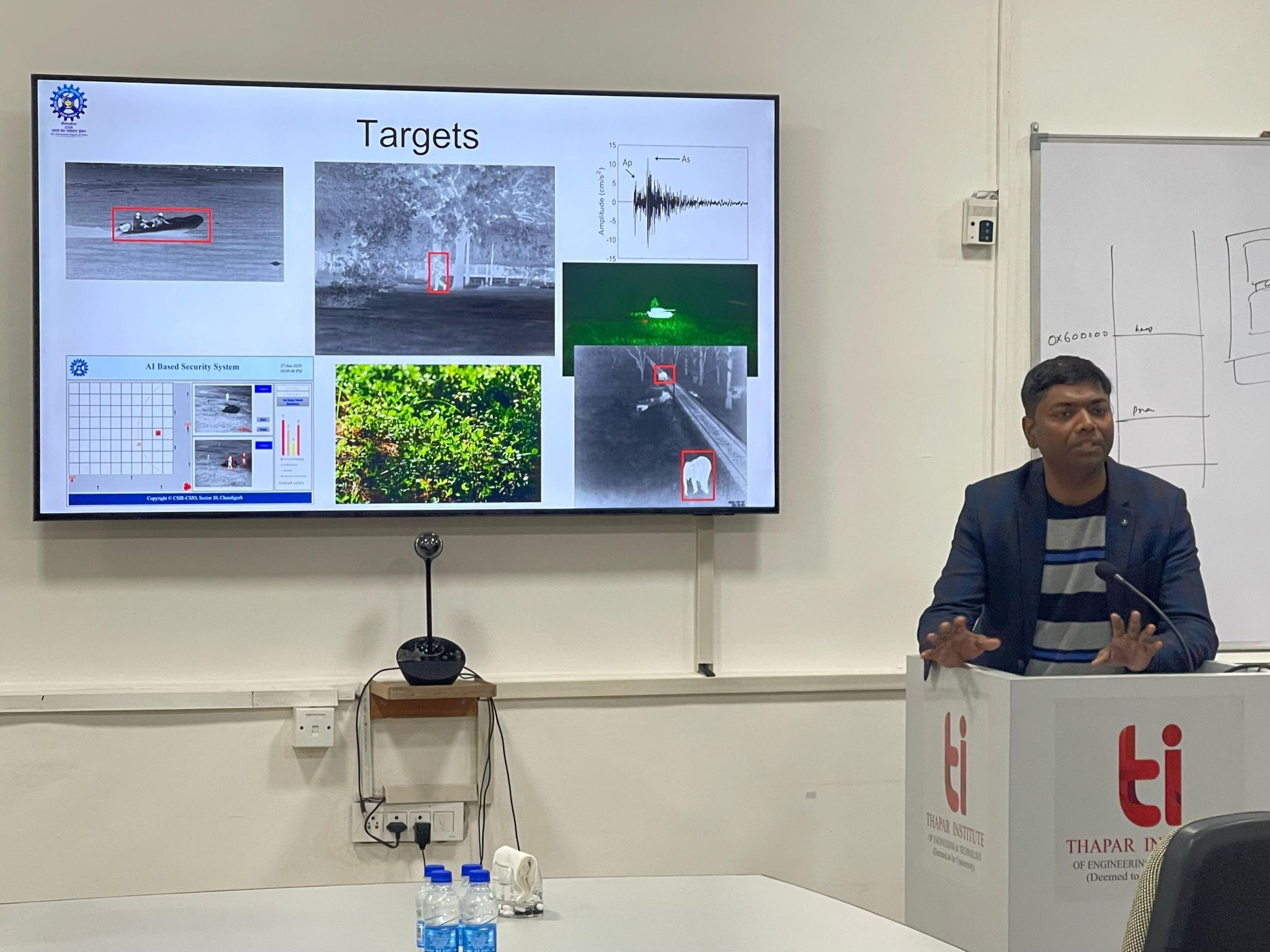
The Signal and Image Processing Group, DECE, hosted expert lectures by Mr. Ashish Gaurav on
Read More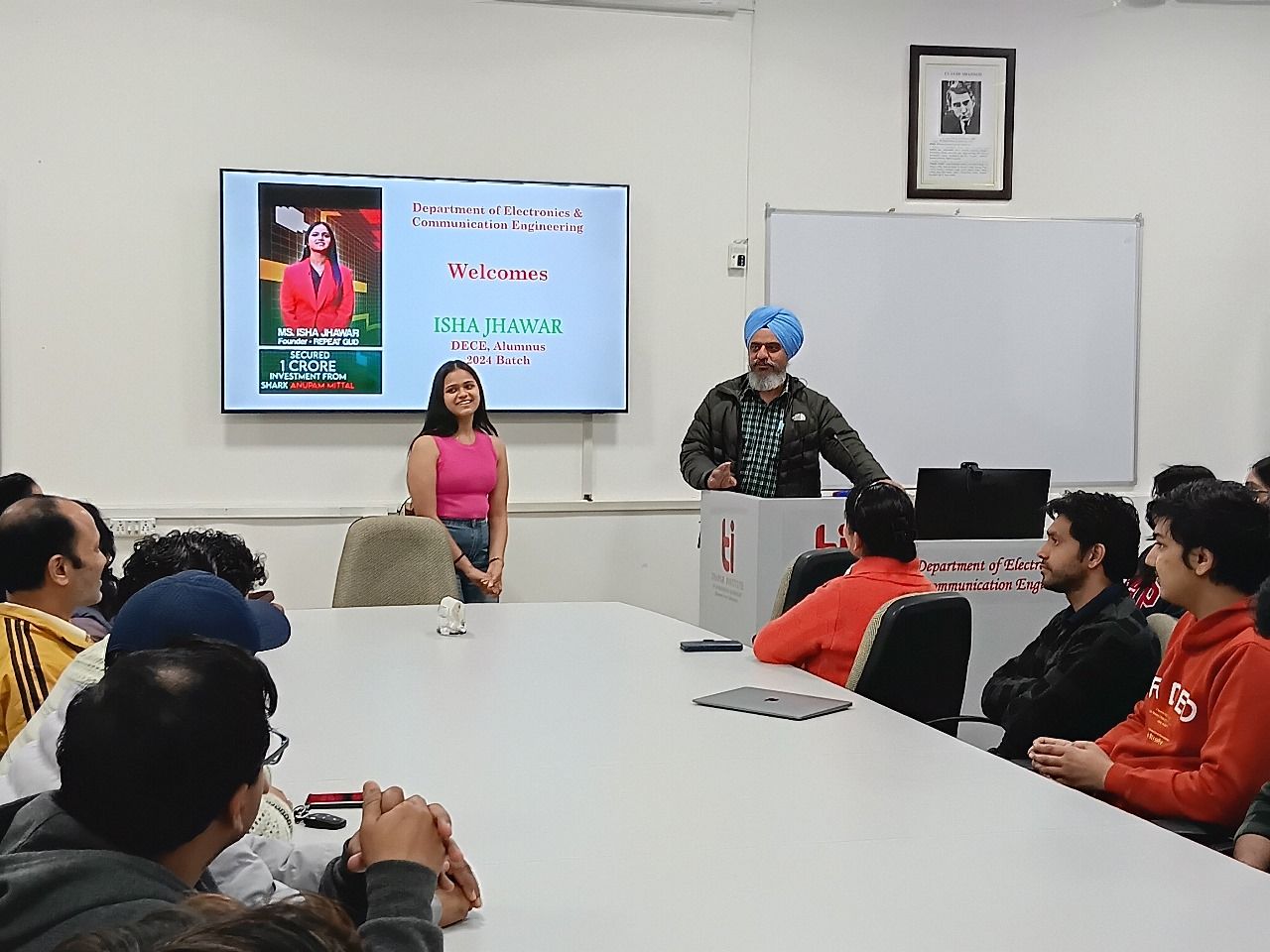
Isha Jhawar, a budding entrepreneur from the 2024 ECE batch, visited the Department of Electronics
Read More